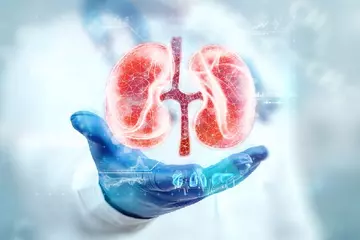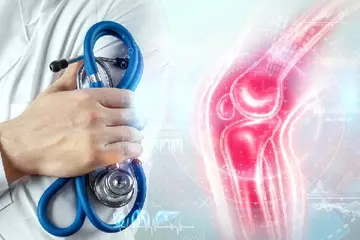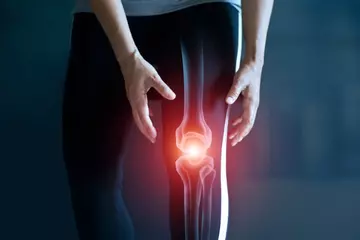What is Indigestion?
Indigestion is a broad term used to describe a variety of symptoms, such as discomfort in the abdomen or stomach, burping, heartburn, gas, and bloating. Indigestion has become more common amongst Indians as stress levels have been higher over the years due to development, altered lifestyle and food habits, and urbanisation.
What are its main associated signs and symptoms?
Indigestion is an umbrella term comprising heartburn, discomfort in the abdomen, bloating, nausea, altered taste, constant belching and pain. Symptoms usually get worse after meals, especially during periods of stress or anxiety. Many individuals report a history of symptoms getting worse before a meeting, exam or before presentations.
What are the main causes?
Chronic gastroesophageal reflux disease or stomach ulcer typically leads to symptoms of indigestion; however, more commonly, indigestion results from improper eating habits, eating after long intervals, eating highly seasoned foods and indulging in alcohol. Indigestion associated with bloating or distension of the abdomen is usually a result of swallowing a lot of air while eating. Being stressed, excessive intake of coffee and an erratic sleep pattern contribute to and worsen indigestion. Other causes include the intake of certain medications that irritate the gastric mucosal lining. Besides these, emotional stress is also associated with indigestion.
How is it diagnosed and treated?
Your doctor will elicit a detailed history and conduct a complete physical examination to diagnose the cause of indigestion and decide the best treatment plan for you. For chronic or long-standing cases of indigestion, an endoscopy may be ordered to check for ulcers or gastric reflux. Blood and imaging tests are not too helpful in diagnosing indigestion except in severe cases.
Treatment mainly consists of antacids containing magnesium sulphate or oral medicines like proton pump inhibitors and H2-receptor blockers. Self-care measures form an integral part of management, as indigestion is largely a lifestyle disorder. These measures include eating slowly, eating regular meals, drinking plenty of fluids, exercising regularly, managing stress, avoiding highly seasoned or spicy foods, avoiding eating late at night and cutting down on caffeine and alcohol. A concoction of “jeera” or cumin water is highly helpful to tackle gas, bloating and heartburn.

 Doctors for Indigestion
Doctors for Indigestion  OTC Medicines for Indigestion
OTC Medicines for Indigestion
 Indigestion articles
Indigestion articles
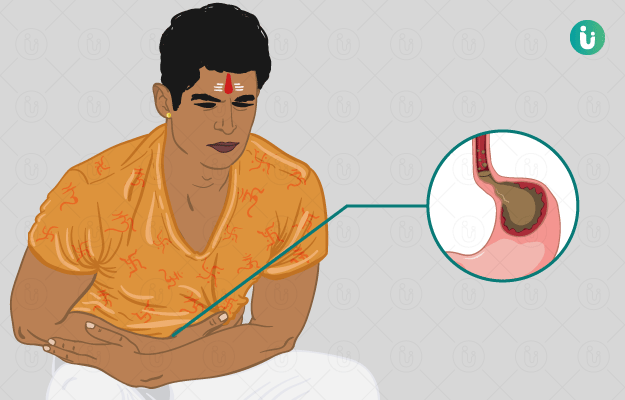
 First Aid for Indigestion
First Aid for Indigestion
 Home Remedies for Indigestion
Home Remedies for Indigestion






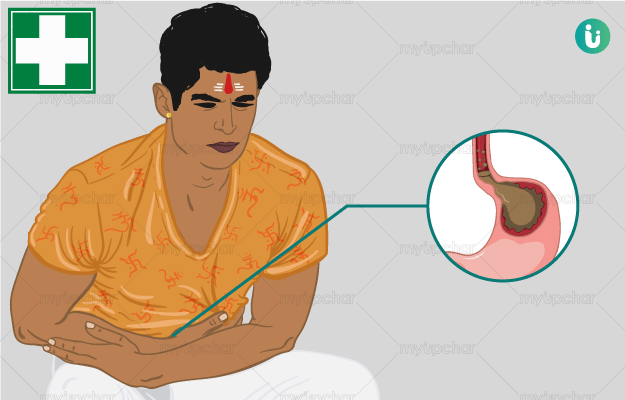

 Dr. Laxmidutta Shukla
Dr. Laxmidutta Shukla







